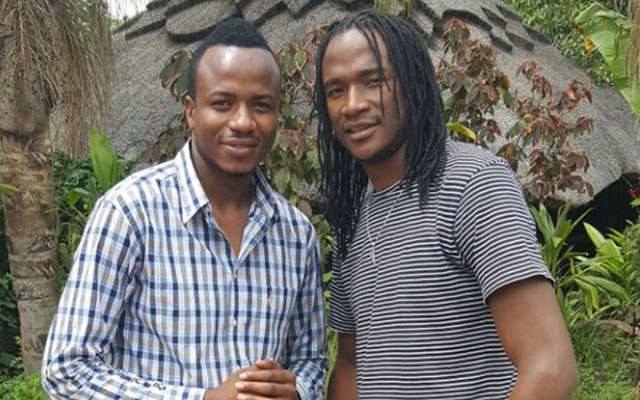EDITORIAL COMMENT: Child marriages are never a solution

There is growing pressure on Parliament to legislate more firmly to prevent teenagers from being forced into marriage or being given permission to get married.
Some tightening of rules and penalties may well help and so long as these are carefully thought out and properly implemented, will prevent some of the suffering that now occurs.
But we already have quite a lot of relevant laws that are not fully implemented. For example a girl under 16 forced into marriage, and that marriage these days will be some form of traditional unregistered union, should mean that the husband, the girl’s parents and anyone else who enforced the union will be charged with statutory rape and will probably go to jail.
But such prosecutions are far too rare. So for a start we need to implement what we have.
Most child marriages, and such marriages almost always involve a teenage girl and older man, arise from a number of serious social issues. Most girls pushed into such marriages live in poverty, often have little education, come under family pressure and sometimes religious pressure, and might even see the marriage as an escape from a worse home life.
Even when they object there are frequently near-insurmountable problems of getting help. Such girls need practical assistance.
Often just keeping them at school solves most of their problems.
Their education continues, they have at least the hope of a better future, and even in the worst-staffed schools there will be a teacher who they can confide in and who can at least alert the authorities. So those wishing to do something practical can lobby for more fees assistance and contribute to fees.
At the same time communities and teenagers need to be taught that marriage is never a sensible solution for a teenager, no matter how poor or abusive their home. A future of destitution and ill-health cannot be seen as an option. And lobola needs to be recognised as an old custom that tied families together, rather than a way for poor fathers and other male relatives to get rich.
The battle is being won. Very few families now think teenagers are fit to marry; the leadership of the Apostolic churches has made it very clear that such marriages are totally wrong; all pressure groups and communities at least pay lip-service to ending the practice. No one speaks in favour of this any more.
Suggestions and recommendations have been made that the age of consent to sexual activity should be raised from 16 to 18. Arguments in favour of this change are strong. It would make every child marriage a serious criminal offence. But it might create other problems.
A substantial minority of teenagers in their later teens do experiment sexually. This is legal even if a very bad idea. But we need to consider whether giving a pair of 17-year-olds a criminal record because they were stupid is that helpful. Some countries get round this problem by having a lower age of consent if the two involved are roughly the same age and a higher age of consent if one partner is more than a year or two older, since that normally implies a strong degree of exploitation.
We think that child marriages can be all, but eliminated with careful legal changes, better enforcement of existing law, continued education of communities and above all a way children facing an illegal marriage can find help easily and all children can be educated to the level of their abilities.
None of this is impossible.
A reasonable co-ordinated push by all interested parties can end this blight.







Comments